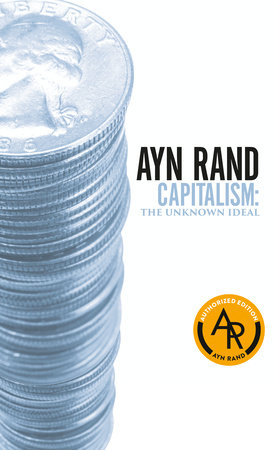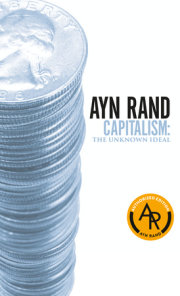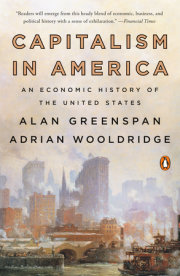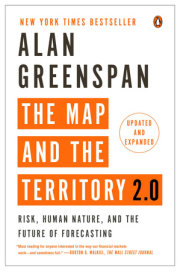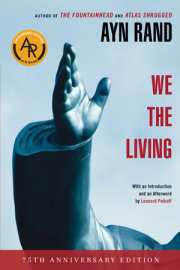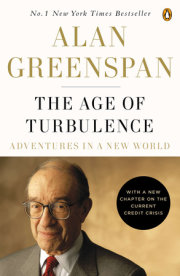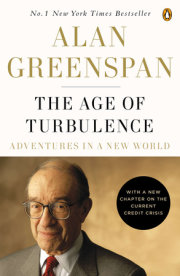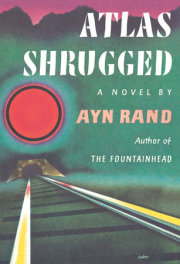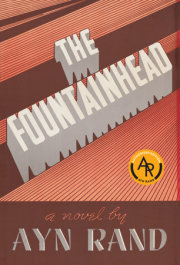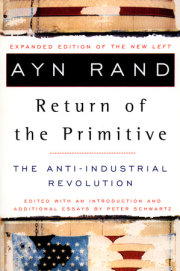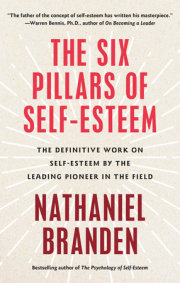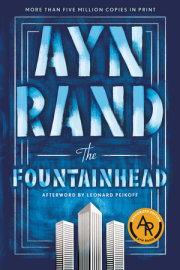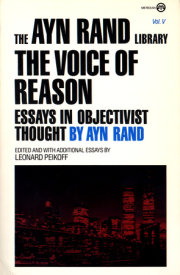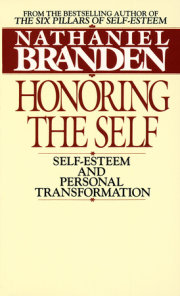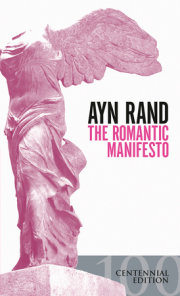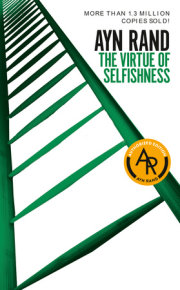IntroductionTheory and History
1. What Is Capitalism? - Ayn Rand
2. The Roots of War - Ayn Rand
3. America's Persecuted Minority: Big Business - Ayn Rand
4. Antitrust - Alan Greenspan5. Common Fallacies About Capitalism - Nathaniel Branden
6. Gold and Economic Freedom - Alan Greenspan
7. Notes on the History of American Free Enterprise - Ayn Rand
8. The Effects of the Industrial Revolution on Women and Children - Robert Hessen
9. The Assault on Integrity - Alan Greenspan
10. The Property Status of Airwaves - Ayn Rand
11. Patents and Copyrights - Ayn Rand
12. Theory and Practice - Ayn Rand
13. Let Us Alone! - Ayn Rand
Current State
14. The Anatomy of Compromise - Ayn Rand
15. Is Atlas Shrugging? - Ayn Rand
16. The Pull Peddlers - Ayn Rand
17. "Extremism," or the Art of Smearing - Ayn Rand
18. The Obliteration of Capitalism - Ayn Rand
19. Conservatism: An Obituary - Ayn Rand
20. The New Fascism: Rule by Consensus - Ayn Rand
21. The Wreckage of the Consensus - Ayn Rand
22. The Cashing-in: The Student Rebellion - Ayn Rand
23. Alienation - Nathaniel Branden
24. Requiem for Man - Ayn Rand
Appendix:
Man's Rights - Ayn Rand
The Nature of Government - Ayn Rand
Recommended Bibliography
Index

